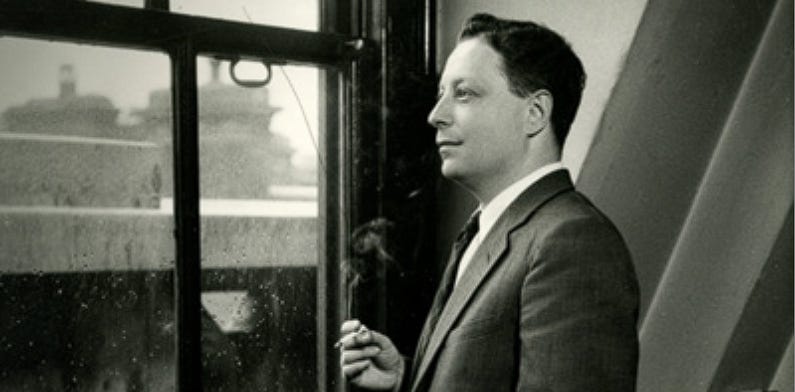Irving Kristol on Reformers
Some people would rather hate the free market than help the poor.
“That as a society becomes more affluent, the conception of an appropriate ‘poverty line’ will drift upwards is inevitably and properly the case. But that the concept of poverty should be continually and vigilantly redefined so that 20 percent of the population is always ‘poor’ is a function of ideology, not of sociology or economics or social science. One may reasonably inquire: is such a view primarily interested in the material well-being of poor people or the moral well-being of [leftist] reformers? Is it concerned mainly with a world in which poverty becomes less of a problem or rather one in which it is a permanent provocation? Most of us would think that any society which made steady progress in improving the conditions of the poor, but which resolutely kept denouncing itself for having failed to do so, is more than a little neurotic. Yet that is exactly the kind of society that many social critics today appear to regard as normal and desirable. Since these people are themselves perfectly sane, and often very intelligent, there is only one possible explanation: they are, perhaps unconsciously, considerably more interested in the perpetuation of a critical attitude toward liberal-capitalist society than in any particular set of objective accomplishments. How else is one to interpret this extraordinary phenomenon of people demanding various reforms but announcing beforehand that the achievement of those reforms will in no way satisfy them?”
-Irving Kristol, Two Cheers for Capitalism, p. 202
To a certain type of reformer, the evidence that free enterprise has brought billions of human beings out of poverty (compared to zero for most social programs) and that social mobility is far greater in the United States (with a freer economy) than in France (with a less-free economy) doe little to make the case for free market capitalism. Convinced to the bitter end that capitalism is bad for the poor, they will prefer anti-capitalism to “any particular set of objective accomplishments.”
The neoconservative movement was driven by individuals like Kristol, who began as communists and became staunch anti-communists. Kristol saw that capitalism did, indeed, help the poor in ways communism never could.
-Ben
The Daily Saucer is our place for freelance contributors and editorial staff to offer short takes on the news cycle, quick observations on the issues, and brief thoughts on broader topics. The views offered in this space reflect only the personal views of the authors.




